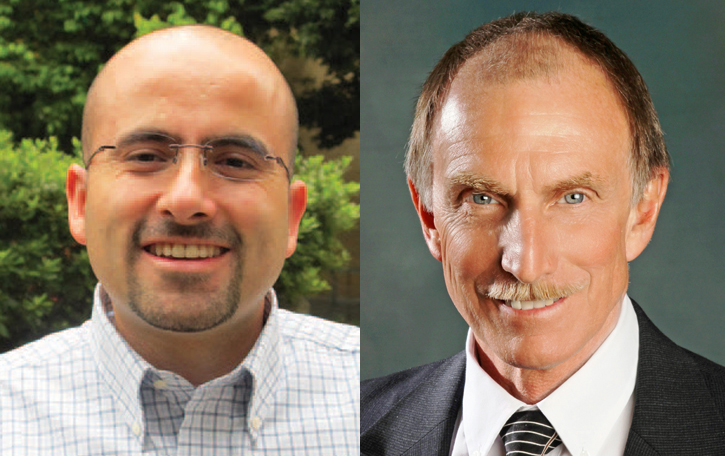Bogota, Colombia and Goshen, Indiana, USA – Leaders of Anabaptist/Mennonite healthcare institutions and healthcare professionals will hold a conjoint international meeting during an international leadership summit 20-21 July 2015, under the sponsorship of Mennonite World Conference and Mennonite Health Services.
The summit’s sponsors state that leaders from Anabaptist/Mennonite-affiliated healthcare institutions have not gathered in this way before, and other health professionals have seldom participated in similar inter-disciplinary meetings. Meeting participants will address topics such Anabaptist theology and health, women’s health, health technology, end-of-life health care, Anabaptist vision for global health, sustainability, and the culture of peace, church and hospital partnership in Zambia. They will also discuss a vision for creating a Mennonite World Conference-based global health network.
Today more than 150 Anabaptist-affiliated health and human service institutions serve others around the world as a truly global witness. Some of these organizations are large, mature, and complex. Others are small and less institutional. But all share a common commitment to expressing the love of Christ in caring service.
The 2015 summit will build on conversations begun in 2003 at the Mennonite World Conference Assembly in Bulawayo, Zimbabwe. Approximately 60 persons attended with representation from countries throughout the world, with most participants being physicians.
César García, General Secretary of Mennonite World Conference, said, “Come join us. Let’s walk together on the road of healthcare. Let’s stand in an interdependent and cross-cultural way with those who are sick and suffering. Let’s enjoy the hope that brings together a compassionate, global community to support those who need to be touched by God’s healing.”
Rick Stiffney, President and Chief Executive Officer of Mennonite Health Services, said, “The witness of the broad Anabaptist/Mennonite community of faith is a witness that cares for the whole person – body, mind, and spirit. The church, wherever it has flourished, has developed healthcare ministries, schools, and other expressions of justice and peace.”
Stiffney added, “In era when many religious communities are fracturing, healthcare ministry – the loving care for others – can draw us together in common cause. Common cause can offer us opportunities to reach out to others for encouragement, prayer, sharing best practices, and building relationships for peer learning.”
Stiffney concluded, “This leadership summit will afford participants an excellent opportunity to build a network of deeply committed healthcare leaders and professionals who know that we stand stronger together than when we stand alone.”
MWC’s Executive Committee decided to dissolve the Global Anabaptist Health Network in May 2025 due to a failure to coalesce.
